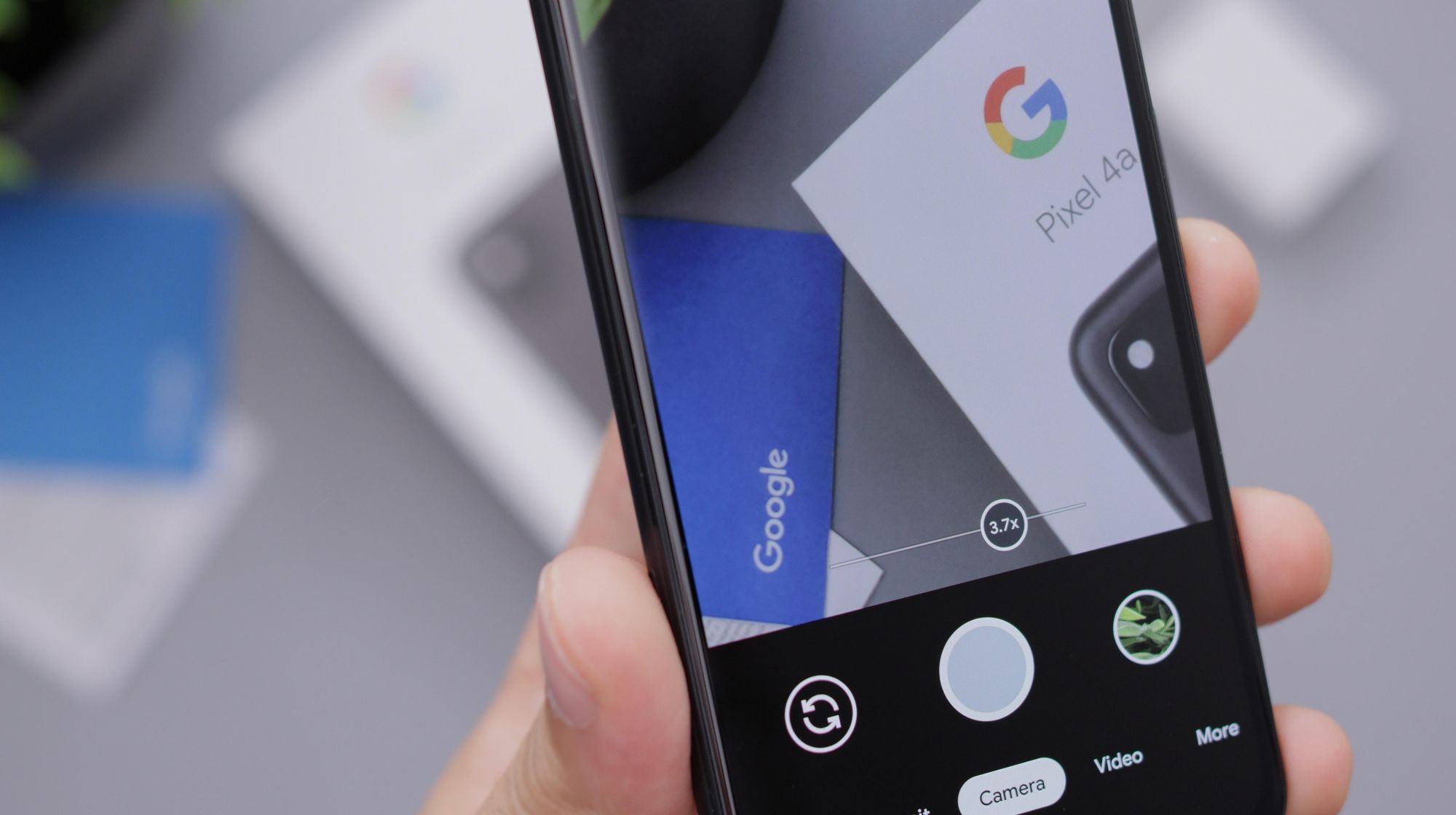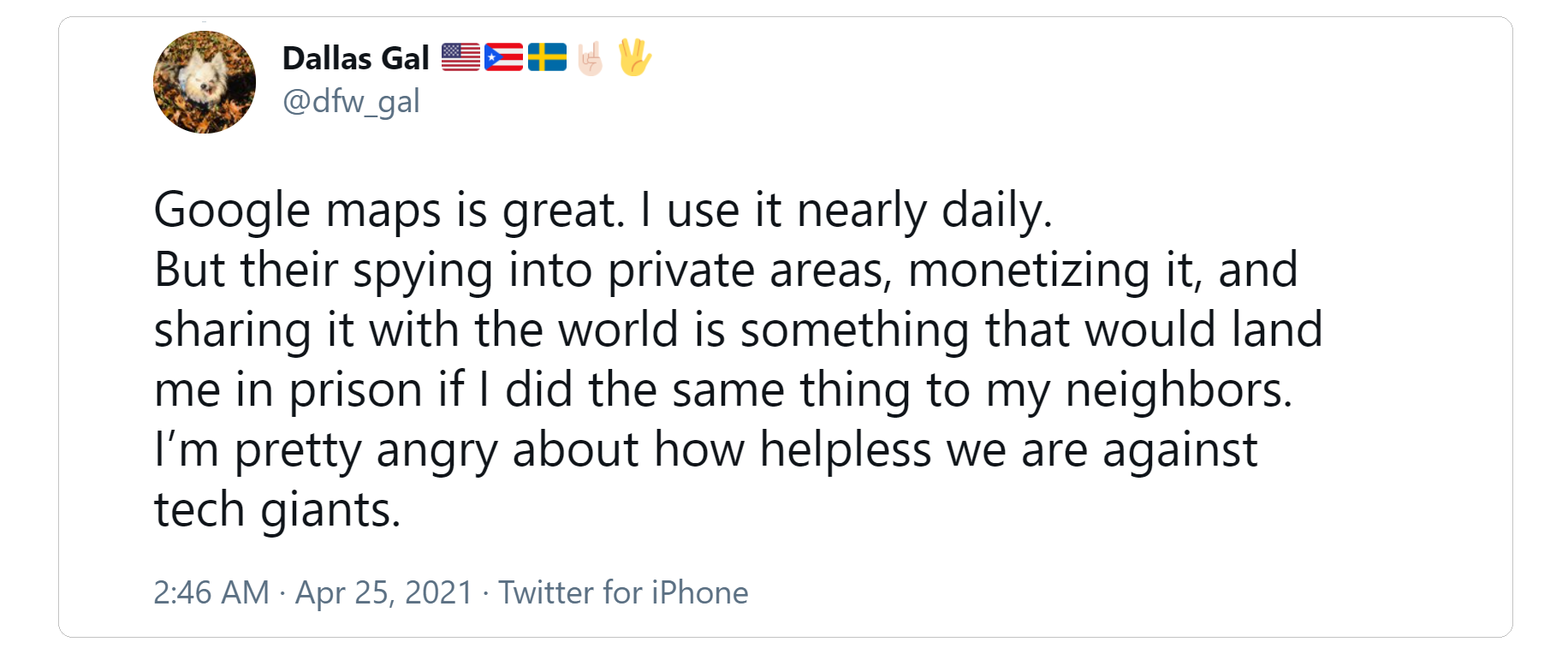Craig Johnson
Here's What Google Knows About You
If you printed out the personal details Google collects on the average person, the papers would stack as high as the Eiffel Tower.

How ironic it is to remember that the Supreme Court once had to step in when lawmakers thought the maker of an operating system shouldn't be allowed to include its own browser. The subsequent ruling forced Microsoft to detach Internet Explorer from Windows.
Today there's a browser that is also an operating system, Google Chrome OS. Chrome also gets its hooks into the Apple and Microsoft operating systems when you use it as your default browser. Do you have an Android phone? Google is the brains of it. Do you watch YouTube? You don't need to answer—Google already knows you watch it, and which videos you bookmark and share, and every time you pause the screen to get a better look.
In the late 1990s, detractors called Microsoft the Death Star, an awesomely powerful and inescapable tech monolith that sought to control your computing both at work and at home. To keep with the science fiction analogies, what might aptly characterize Google today?
Well, Android is the most-used OS in the world. And we're not just talking phones and tablets. Android installations worldwide outnumber Windows. In the smartphone realm, three out of four phones operate on Google's OS.
Search Anyone FreeSo if late-1990s Microsoft was the Death Star, then perhaps today's Google is the Matrix. Users go about their daily lives unaware of the artificial intelligence tracking and cataloging their every movement (GPS location, calendar appointments), their words (texts, emails), their work (documents, meetings), their family and friends (contacts), and even their most private desires (search terms, photos viewed/saved, videos watched).
Because Google collects so much information about its users, it would be easier to identify what Google doesn't know about you than what it does.
Everything Google Knows About You
It's a lot. We could put it this way: If there's something about a regular Android/Google user that the tech giant doesn't know, it's only because the folks at Google deem it beneath their notice. Let's take a look at just how much personal information Google collects about you.
Most people today know that they are trading privacy for convenience, but few ever delve into the extent of the data harvesting to get a full look at what's being collected, cataloged, repurposed, and even sold. In 2018, Guardian writer Dylan Curran uncovered the cache of personal details that Google collected on him.
Google knows everywhere you go.
The first surprise was that Google knew everywhere Curran had been for the past 12 months thanks to the GPS on his phone. Even with location tracking turned off, the phone had been logging every place he went and the duration of each stay.
Google knows everything you search for.
Every search term you've ever tried is kept in your search history, whether or not you found anything useful with it. And it doesn't matter whether you were on your laptop, phone, or desktop—or on a personal device or a work device. Google saves your search history across all devices, so even if you delete the history on one device, it could survive on another.
Google keeps an advertising profile on you.
Have you ever visited a website on a new browser or device only to have a popup practically beg you to sign into Google first? The site could be about puppies or rocket ships—it doesn't matter. The popup says that you'll get the most out of the site if you identify yourself to Google first. The popup is Google's way of saying, "Please don't go anywhere on the web without telling us."
Google wants to know every site you visit so the information can be included in your advertising profile, a product it can sell far and wide. Your interests can be inferred from where you go on the web, and advertisers always want to know if you might be interested in something they sell. Besides the list of sites you visit, your profile includes your age, location, income, relationship status, and much more. Basically, if there's money to be made from a personal detail, the detail goes in your profile.
Click on this link to see your own data: google.com/settings/ads/
Google tracks all your apps.
From Android apps to Chrome browser extensions, Google knows all the apps you use. Curran says, "They know how often you use them, where you use them, and who you use them to interact with. That means they know who you talk to on Facebook, what countries are you speaking with, what time you go to sleep."
Google watches you watch YouTube.
Google stores all your viewing history. It knows what videos you search for, what you watch, and where you pause. If you don't think you are watching anything special, the tech giant would disagree. From this viewing information it can infer your political leanings, religious beliefs, sexual orientation, if you're happy in your marriage or career, if you're overweight, and so much more.

Your Personal Details Would Rise to the Height of the Eiffel Tower
"Google offers an option to download all of the data it stores about you," says Curran. "I've requested to download it and the file is 5.5 gigabytes big." That is about 3 million Word documents' worth of personal details.
Stacked up, 3 million sheets of paper would climb to 986 feet, the same height as the Eiffel Tower (each million would be 328.33 feet.)
Picture 3 million documents printed out, loaded onto a truck, shipped to your home, and stacked on your doorstep to the same height as the Eiffel Tower. The driver says, "Here it is, all the stuff Google knows about you."
The massive harvest of personal data includes "data from your calendar, your Google hangout sessions, your location history, the music you listen to, the Google books you’ve purchased, the Google groups you’re in, the websites you’ve created, the phones you’ve owned, the pages you’ve shared, how many steps you walk in a day …"
Click on this link to see your own data: google.com/takeout.

Will Google Ever Stop?
In 2020, the Department of Justice filed an antitrust suit against Google, mostly following the same playbook the DOJ had used against Microsoft in 1998. "The lawsuit alleges that Google illegally maintains monopoly power in three markets: 'general search services, search advertising, and general search text advertising,'" reported the Electronic Frontier Foundation.
"Implicit in the DOJ’s complaint is the notion that Google uses its control over multiple products and services (including search, email, video, and operating systems) to maintain its monopoly over search," wrote the EFF.
We might expect at least two outcomes from the suit. First, Google might have to stop requiring that it be the default search engine in all its contractors' products. Second, Google would have to start abiding by the open source license under which it has always distributed Android and finally let other companies modify it.
Search Anyone Free


